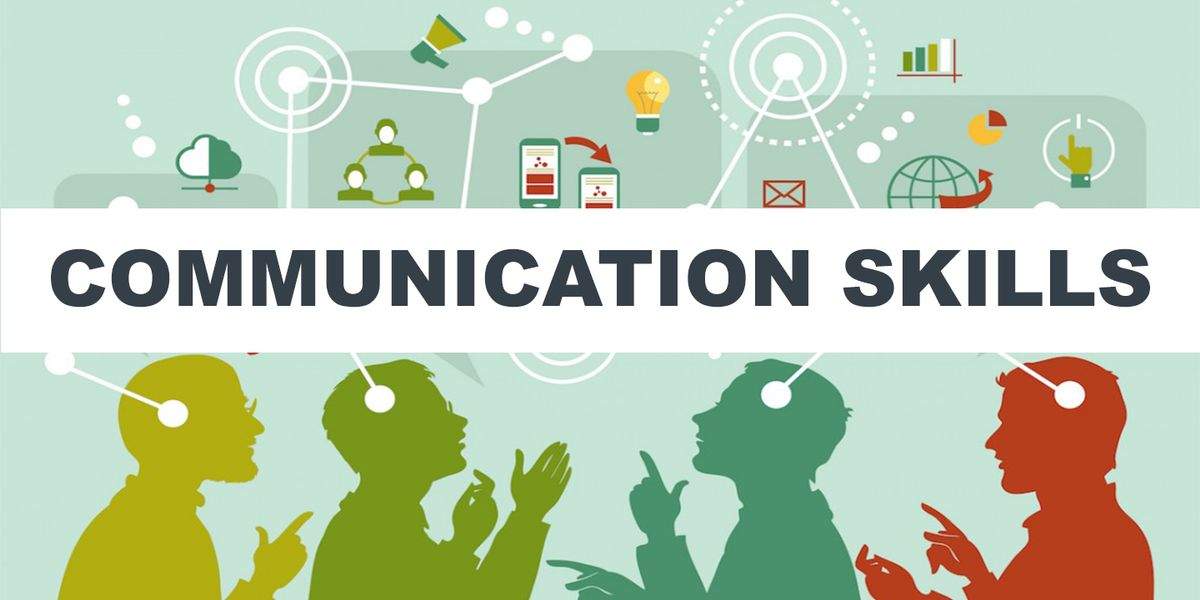
Practicing and improving your communication skills is essential for personal and professional growth.
Here are various ways to practice and enhance your Communication Skills:
Active Listening: Effective communication begins with listening. Pay close attention to what others are saying without interrupting. Try to understand their perspective before responding.
Read Widely: Reading books, articles, and various forms of written content can expand your vocabulary and improve your understanding of different communication styles.
Watch and Learn: Observe effective communicators in action. This could be in-person conversations, TED talks, podcasts, or videos of great speakers. Take note of their techniques and how they engage their audience.
Join a Public Speaking Group: Groups like Toastmasters provide a supportive environment to practice public speaking and receive constructive feedback.
Practice Speaking: Regularly practice speaking in front of a mirror or record yourself. This helps you become more aware of your body language, tone, and speech patterns.
Role Play: Role-playing scenarios can help you practice various communication situations, such as negotiation, conflict resolution, or job interviews.
Seek Feedback: Ask friends, family, or colleagues for feedback on your communication style. Be open to constructive criticism and work on areas that need improvement.
Take Communication Courses: Consider enrolling in courses or workshops focused on communication skills. Many online platforms offer such courses.
Mentorship: Seek out a mentor who can provide guidance and feedback on your communication skills. They can offer valuable insights and help you refine your abilities.
Write Regularly: Practice writing emails, reports, or articles. Clear and concise writing is an important aspect of communication.
Practice Nonverbal Communication: Pay attention to your body language, facial expressions, and gestures. They can convey as much, if not more, than words.
Engage in Debates and Discussions: Participate in debates, discussion groups, or online forums where you can engage in meaningful conversations and practice presenting your ideas persuasively.
Networking: Attend networking events to meet new people and practice introducing yourself and making connections.
Mindfulness and Meditation: These practices can help you become more aware of your thoughts and emotions, which can in turn improve your self-control and communication skills.
Use Technology: There are various apps and tools designed to improve communication skills, such as pronunciation and vocabulary-building apps.
Learn a New Language: Learning a new language can enhance your communication skills by exposing you to different linguistic and cultural perspectives.
Practice Empathy: Try to understand and relate to the emotions and perspectives of others. Empathetic communication is often more effective and relatable.
Conflict Resolution Workshops: These can help you develop skills to manage conflicts in a constructive and peaceful manner.
Journaling: Regularly writing in a journal can help you clarify your thoughts and emotions, which can improve your ability to express yourself.
Public Speaking Opportunities: Volunteer for speaking engagements whenever possible, whether it's presenting at work, in community events, or at conferences.
Remember that improving communication skills is an ongoing process. It requires self-awareness, practice, and a willingness to learn from your experiences and the feedback of others. Over time, you'll become a more effective and confident communicator.
Thank You